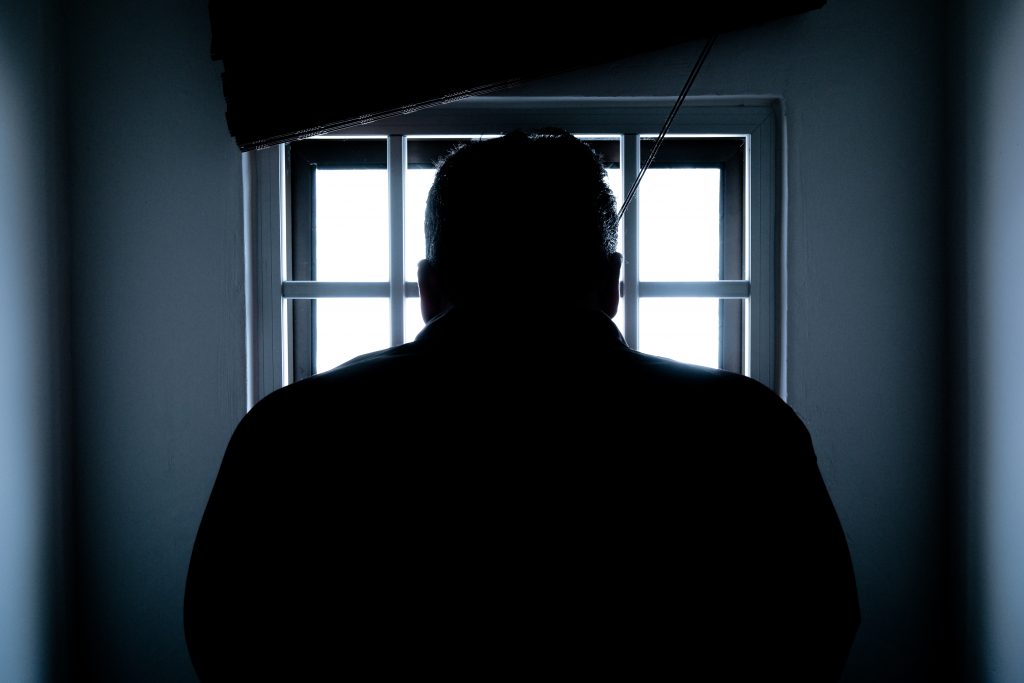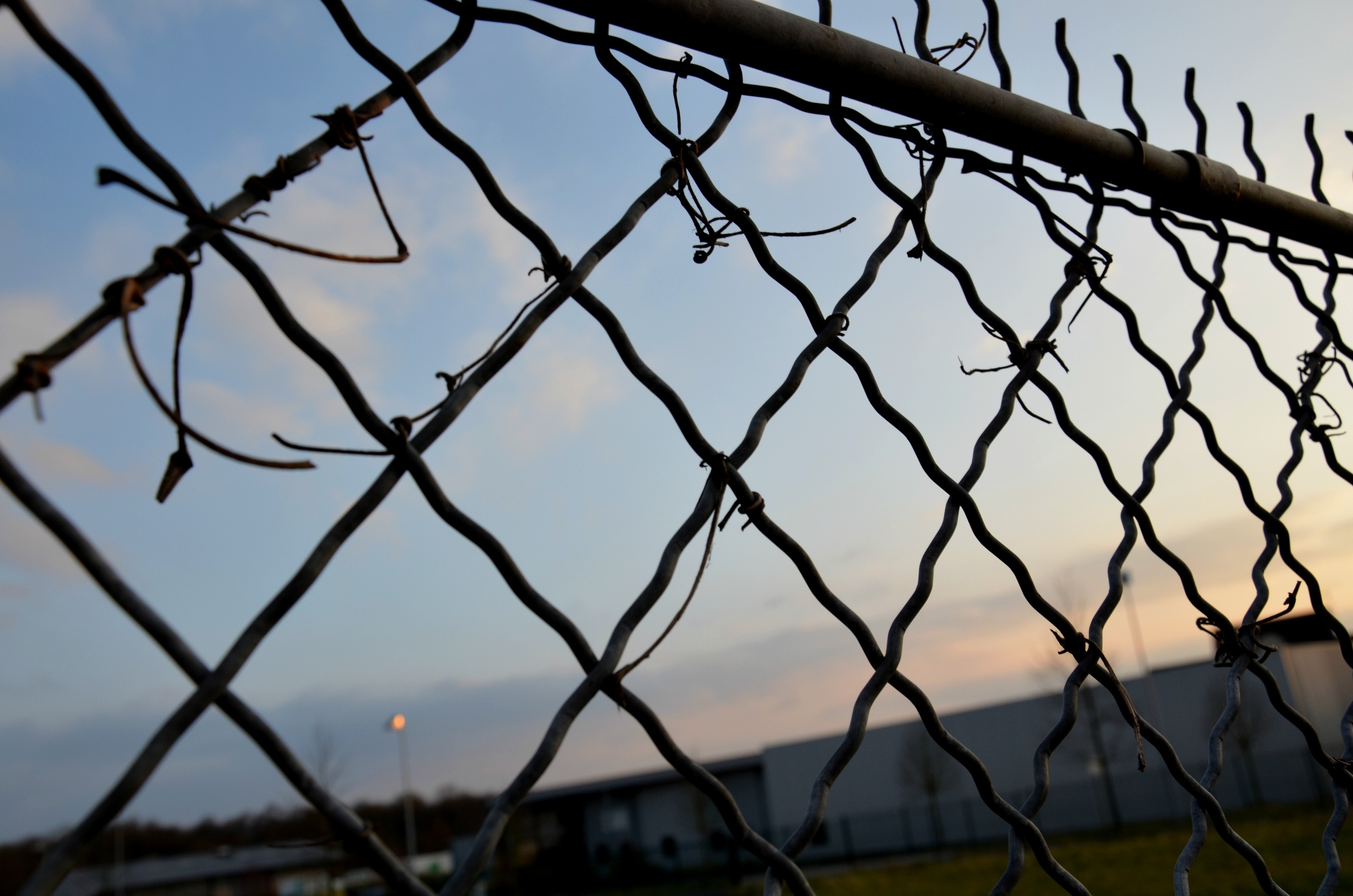The UK is committed to abolishing the death penalty worldwide. Here’s why.
Amnesty International calls the death penalty, “the ultimate, irreversible denial of Human Rights.” It breaches not only the right to life, but the right not to be subjected to cruel, inhuman and degrading treatment. That’s why the UK and other European countries signed up to Protocol 6 and Protocol 13 to the Human Rights Convention, which abolished capital punishment.
The courts have also ruled against capital punishment. In the 2010 case of Al-Saadoon and Mufdhi case against the UK, the European Court essentially prohibited the death penalty, even though Article 2 of the Human Rights Convention appears to allow for an exception to the right to life.
Death penalty on the rise worldwide

The UK government has a policy of opposing the death penalty in all circumstances and is working towards abolition of the death penalty worldwide. For example, we lobby other countries to vote in favour of the UN Resolution on the Moratorium on the use of the Death Penalty.
But despite growing consensus in UK and Europe on the need for abolition, capital punishment is on the rise across the globe.
A report by Amnesty International found a 54% increase in the use of the death penalty from 2014 to 2015. And that report didn’t even take into account China, likely to be the world’s top executioner, as the country refuses to publish data on its use of the death penalty.
5 reasons to stamp out capital punishment

The death penalty isn’t outlawed by international law. However, there’s growing international pressure for its abolition. Here are just some of the reasons why.
Execution of the innocent
The death penalty takes away our most essential right, the right to life. Opening the door to the death penalty, even in very limited circumstances, means that innocent people may be executed. As Amnesty have stated, “the death penalty legitimises an irreversible act of violence by the state and will inevitably claim innocent victims. As long as human justice remains fallible, the risk of executing the innocent can never be eliminated”. Many innocent people have already been executed. More will die unless the death penalty is eradicated.
Cruel, inhuman and degrading punishment
The period leading up to death causes so much suffering to the condemned that it amounts to torture. Death row phenomenon is the term given to the psychological distress caused to inmates by detaining them on death row in extreme conditions, often in isolation. The execution methods themselves also constitute a breach of the right not to be subjected to inhuman and degrading treatment, even the method that’s supposed to be most ‘humane’, namely lethal injection.
It’s doesn’t even prevent crime

There’s no evidence that capital punishment has any impact on crime rates. So there can be no argument for its justification.
Not only does the death penalty not deter crime, but it leads to the brutalisation of society as a whole. States which allow the death penalty have higher violent crimes rates. In the USA, for example, more murders take place in states where capital punishment is permitted.
Damage to international crime fighting
Because we don’t accept the death penalty in the UK, we can’t cooperate fully on criminal justice matters with states that allow executions. We can’t, for example, agree to extradite someone to a country if there’s a real possibility that they’ll face the death penalty there.
The death penalty is brutal, ineffective and a complete denial of our human rights. We must continue the fight to ensure it’s eradicated worldwide.
To read more about death penalty:
- There Was A Huge Increase In The Use Of The Death Penalty Last Year
- The Death Row Phenomenon: Facing Torture Or Inhuman Treatment







